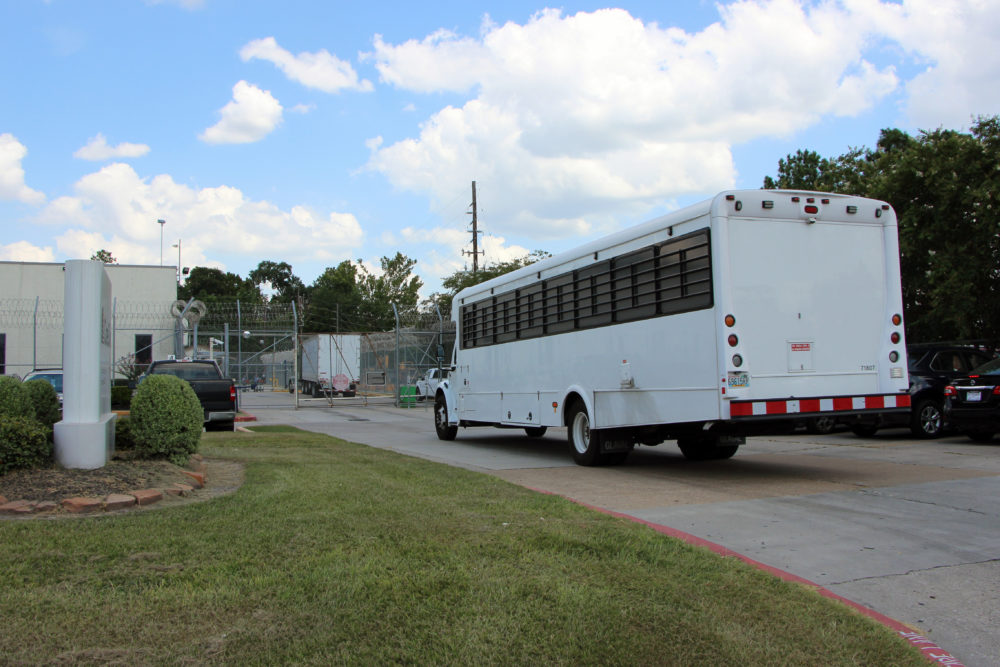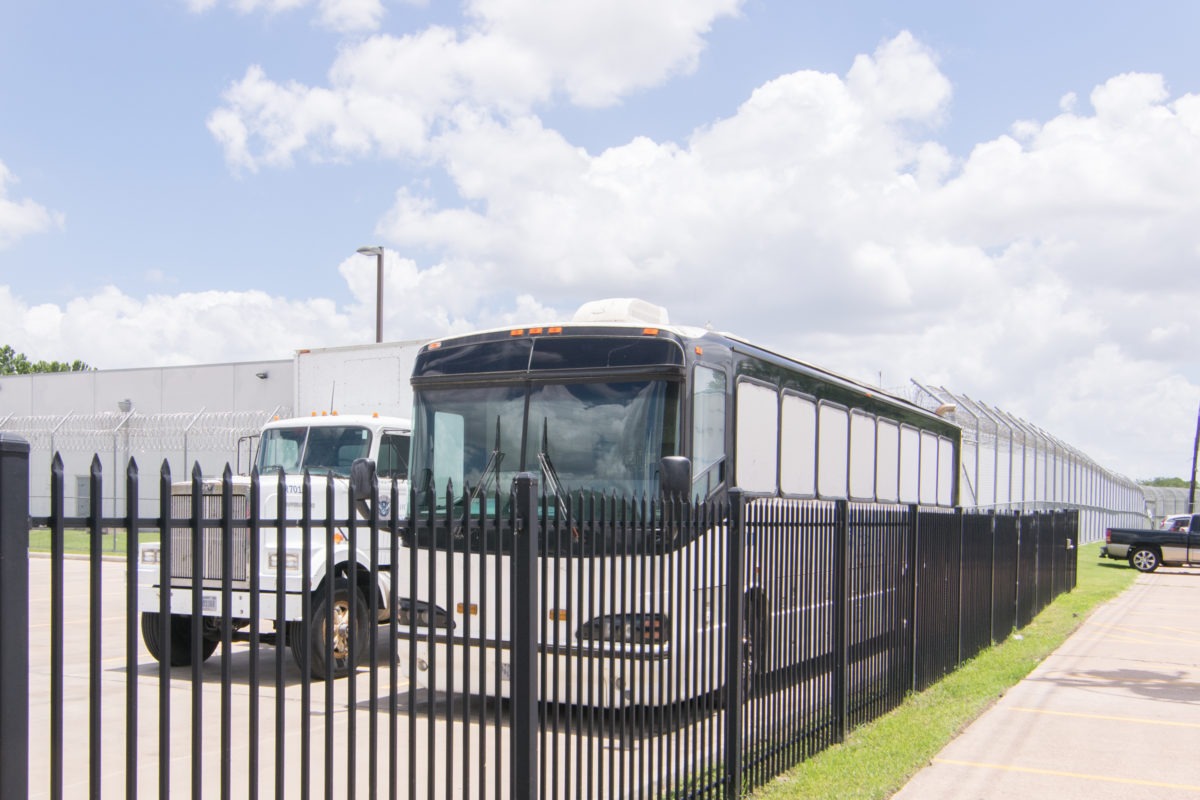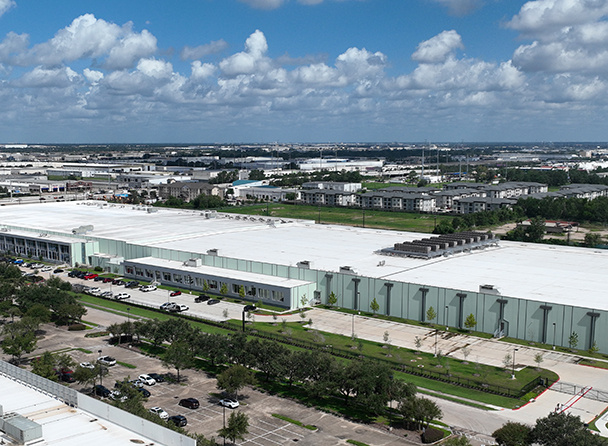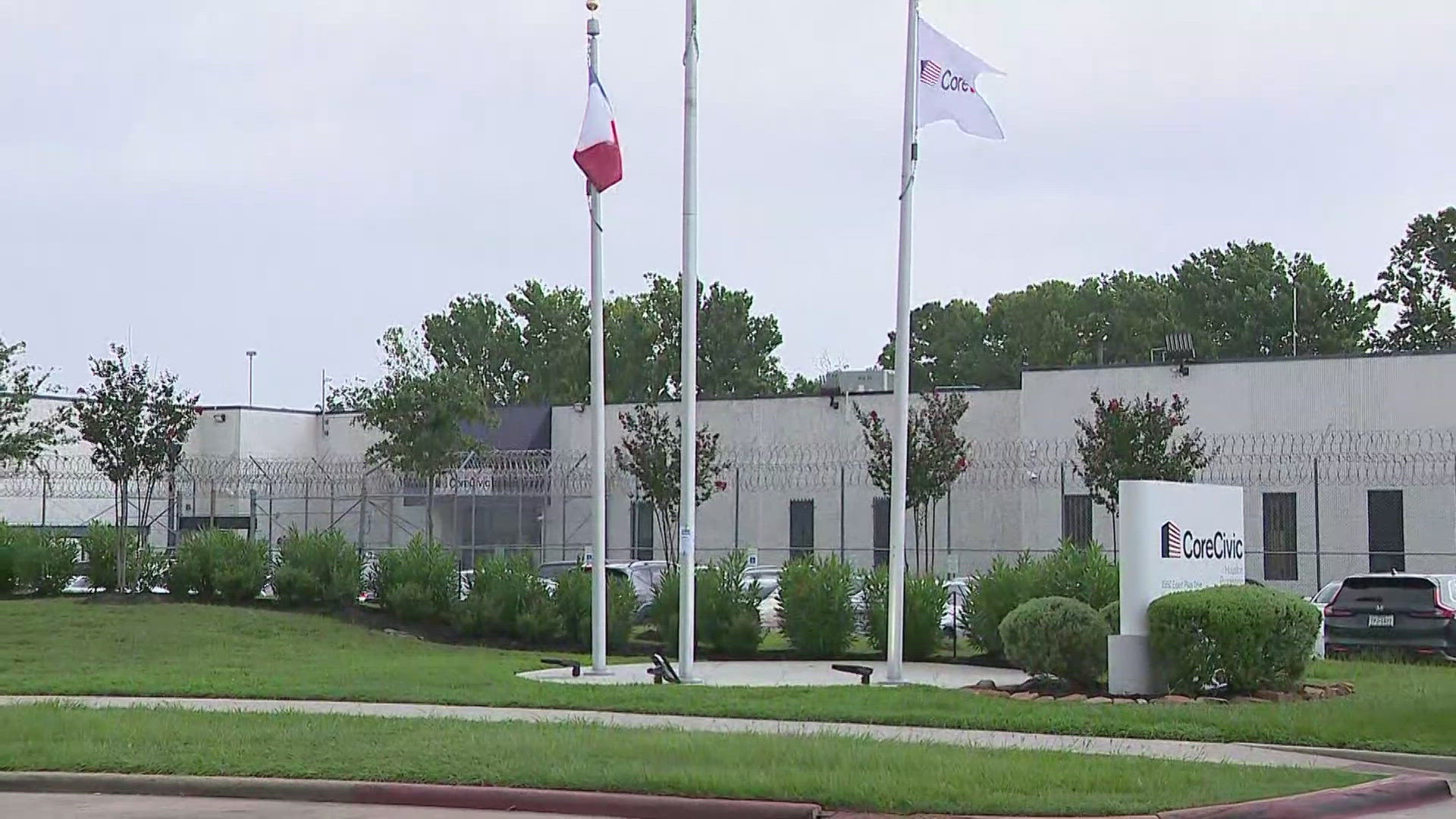Corecivic Houston Processing Center Houston Tx
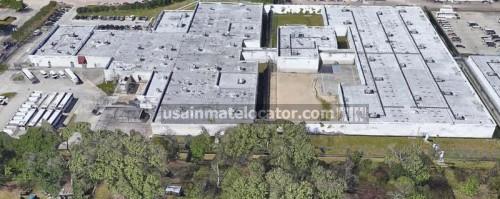
The CoreCivic Houston Processing Center, a privately-operated immigration detention facility in Houston, Texas, has long been a focal point of controversy, drawing scrutiny from advocacy groups, legal organizations, and government watchdogs. Allegations of substandard conditions, inadequate medical care, and questionable operational practices have consistently plagued the facility, raising serious questions about the treatment of detainees and the oversight mechanisms in place.
This article aims to provide a comprehensive overview of the CoreCivic Houston Processing Center, examining its operational history, the nature of complaints levied against it, the responses from CoreCivic and government agencies, and the broader implications for immigration detention policy in the United States. The analysis will rely on publicly available data, legal filings, government reports, and statements from relevant stakeholders to present a balanced and informed perspective on the facility's complex and often troubling reality. Ultimately, the article seeks to shed light on the human cost of immigration detention and the challenges of ensuring humane and just treatment within the private prison system.
Background of the CoreCivic Houston Processing Center
The Houston Processing Center, operated by CoreCivic, one of the largest private prison companies in the United States, houses individuals awaiting immigration hearings or deportation. The facility operates under a contract with U.S. Immigration and Customs Enforcement (ICE). The center's capacity is around 1,000 detainees, making it a significant hub within the ICE detention network.
CoreCivic's involvement in immigration detention is part of a larger trend of privatization in the U.S. corrections system. Proponents of privatization argue that it offers cost savings and efficiency, while critics contend that it prioritizes profit over the well-being of detainees and accountability.
Allegations of Substandard Conditions and Inadequate Medical Care
Numerous reports and legal filings have detailed concerns about the living conditions and medical services at the Houston Processing Center. Detainees have consistently reported issues such as overcrowding, unsanitary conditions, and limited access to basic necessities like soap and clean water. These issues have been exacerbated by outbreaks of infectious diseases, including COVID-19, raising serious public health concerns.
A key area of concern revolves around medical care. Reports suggest delays in medical attention, inadequate staffing of medical professionals, and a general lack of responsiveness to detainees' health needs. This has resulted in cases of treatable conditions worsening due to neglect, and even allegations of preventable deaths.
"The medical care at the Houston Processing Center is abysmal. People are suffering needlessly because CoreCivic is cutting corners to maximize profits," according to a statement from Immigration Rights Advocates, a local legal aid organization.
Several lawsuits have been filed against CoreCivic alleging medical negligence and mistreatment of detainees at the Houston facility. These legal actions cite specific instances of detainees being denied necessary medications, ignored when reporting serious medical issues, and subjected to unsanitary living conditions that exacerbated pre-existing health problems.
Operational Practices and Oversight Concerns
Beyond the physical conditions and medical care, the Houston Processing Center has faced scrutiny regarding its operational practices and the effectiveness of oversight mechanisms. Concerns have been raised about the use of solitary confinement, the handling of grievances filed by detainees, and the transparency of the facility's operations. Critics argue that a lack of independent oversight allows problems to persist and makes it difficult to hold CoreCivic accountable.
ICE is responsible for overseeing the facilities it contracts with, including the Houston Processing Center. However, critics claim that ICE's oversight is often inadequate, pointing to the persistence of problems despite repeated complaints and reports. The current contract structure also incentivize maintaining high occupancy rates, which might increase the likelihood of overcrowding and potentially substandard conditions.
CoreCivic's Response and Defense
CoreCivic has consistently defended its operations at the Houston Processing Center, asserting that it provides safe, humane, and secure environments for detainees. The company maintains that it complies with all applicable ICE standards and regulations, and that it is committed to the well-being of those in its care. CoreCivic has also stated it has a zero-tolerance policy for abuse and neglect.
In response to specific allegations, CoreCivic often cites internal investigations and audits conducted at the facility. The company has also highlighted investments it has made in infrastructure and staffing to improve conditions and medical care. However, advocacy groups and legal organizations often dispute CoreCivic's claims, arguing that these internal efforts are insufficient and lack transparency.
The Broader Context of Immigration Detention
The controversy surrounding the Houston Processing Center is symptomatic of broader issues within the U.S. immigration detention system. The reliance on private companies to operate detention facilities has raised ethical and moral questions about profiting from detention. There are also concerns regarding the rapid expansion of the detention system in recent decades, driven by increasingly restrictive immigration enforcement policies.
The use of immigration detention has faced increasing opposition from advocacy groups and some political leaders who argue it is unnecessary, expensive, and harmful. These groups advocate for alternatives to detention, such as community-based supervision programs, which they argue are more humane and cost-effective. Furthermore, it is argued that people should not be detained for administrative immigration violations.
Looking Ahead
The future of the Houston Processing Center and the broader immigration detention system remains uncertain. The Biden administration has signaled a commitment to reforming immigration enforcement policies, including reducing the reliance on private detention facilities. The recent White House Executive Order 14067 effectively ended the use of private facilities used by the Department of Justice; whether this can be applied to ICE is debatable. However, any significant changes will likely face legal challenges and political opposition.
Ongoing lawsuits and advocacy efforts are likely to continue to put pressure on CoreCivic and ICE to improve conditions and oversight at the Houston Processing Center. The future will likely depend on a number of factor, among which figure: political will, funding priorities, and the outcome of legal challenges. The issue of immigration detention at the Houston Processing Center is indicative of the broader debate on immigration in the United States and a call for change to the standards within the ICE system.


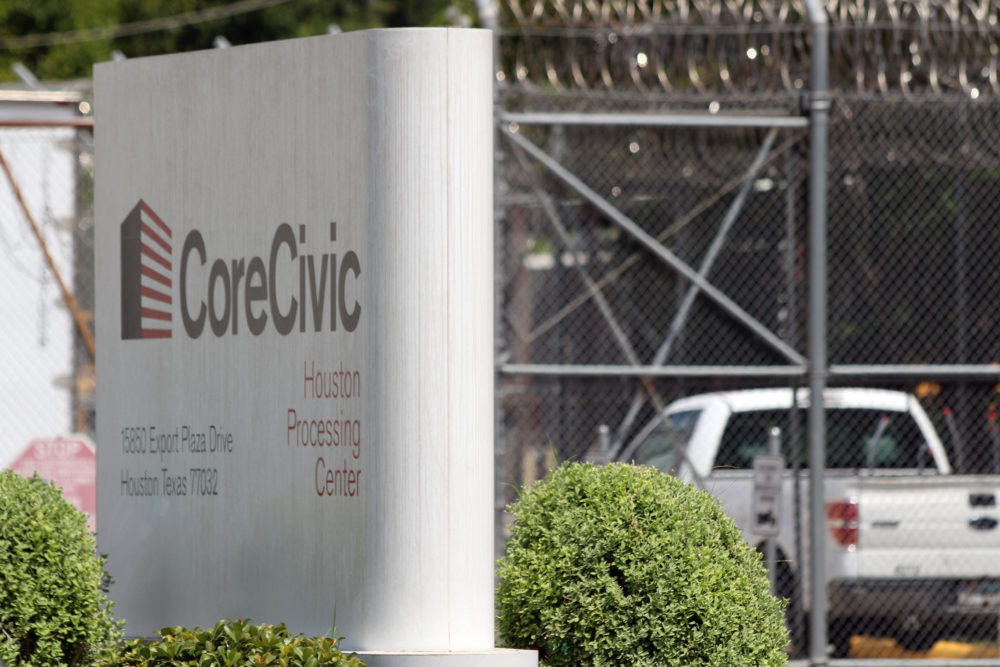


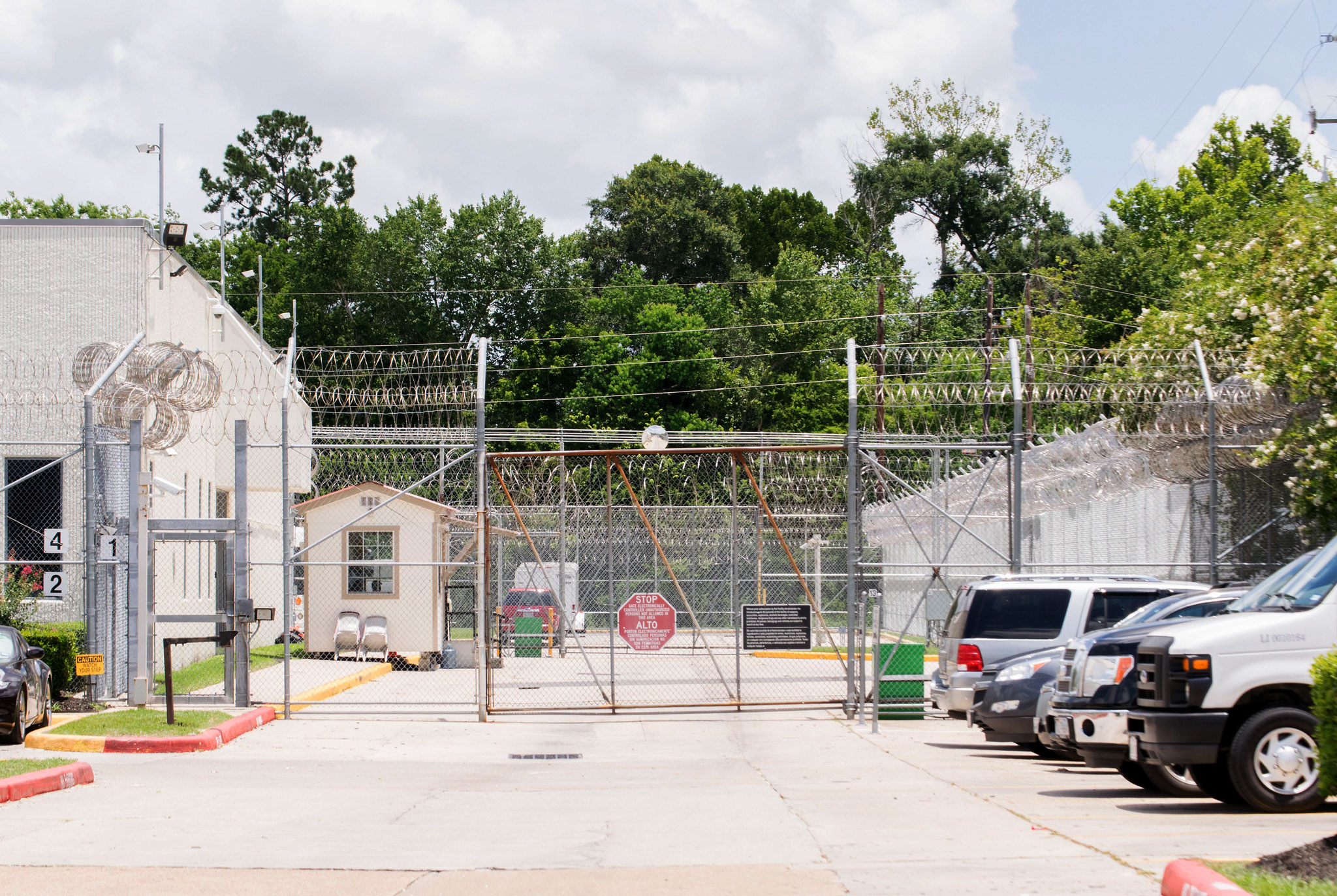


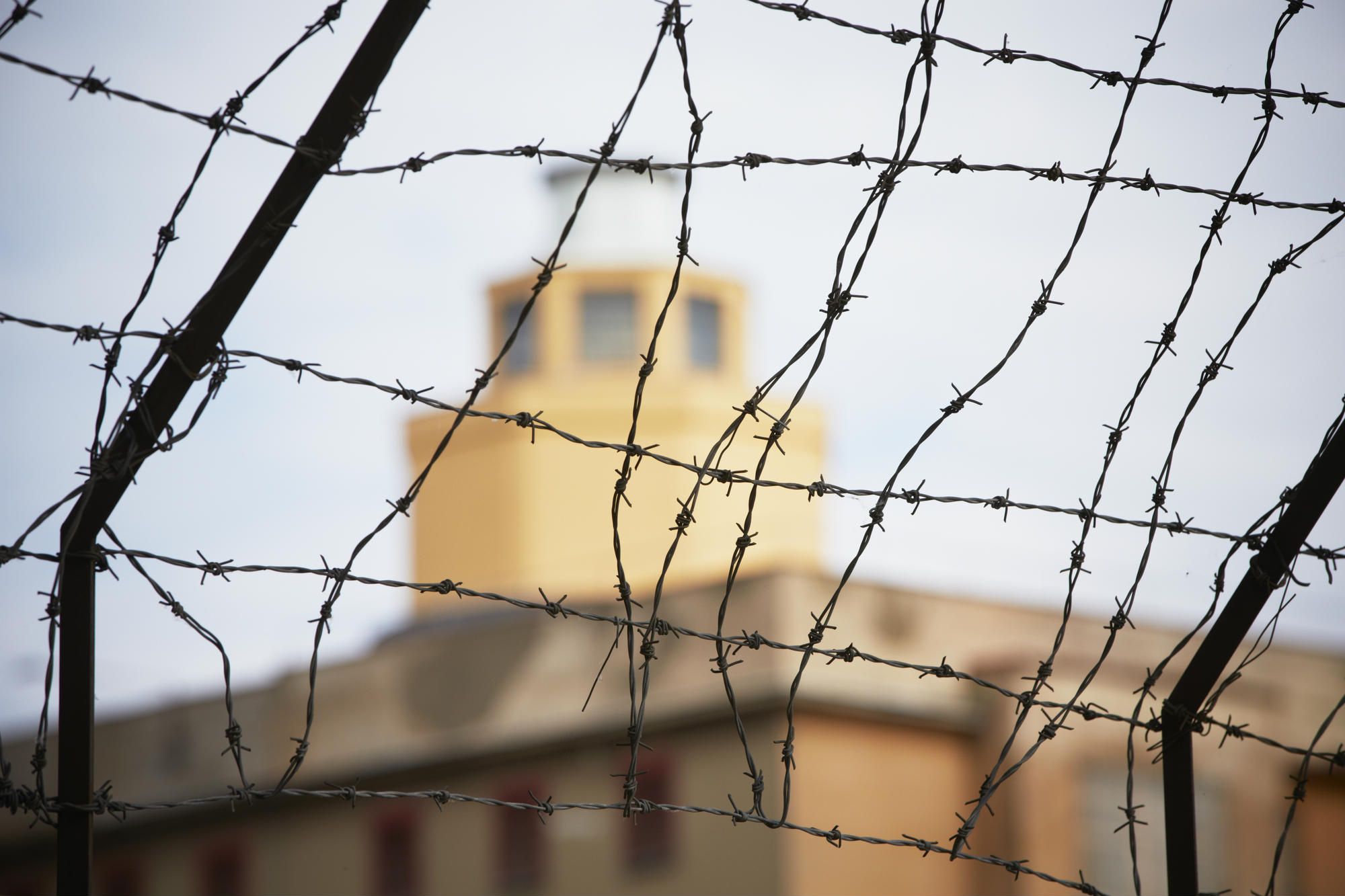


.png)

